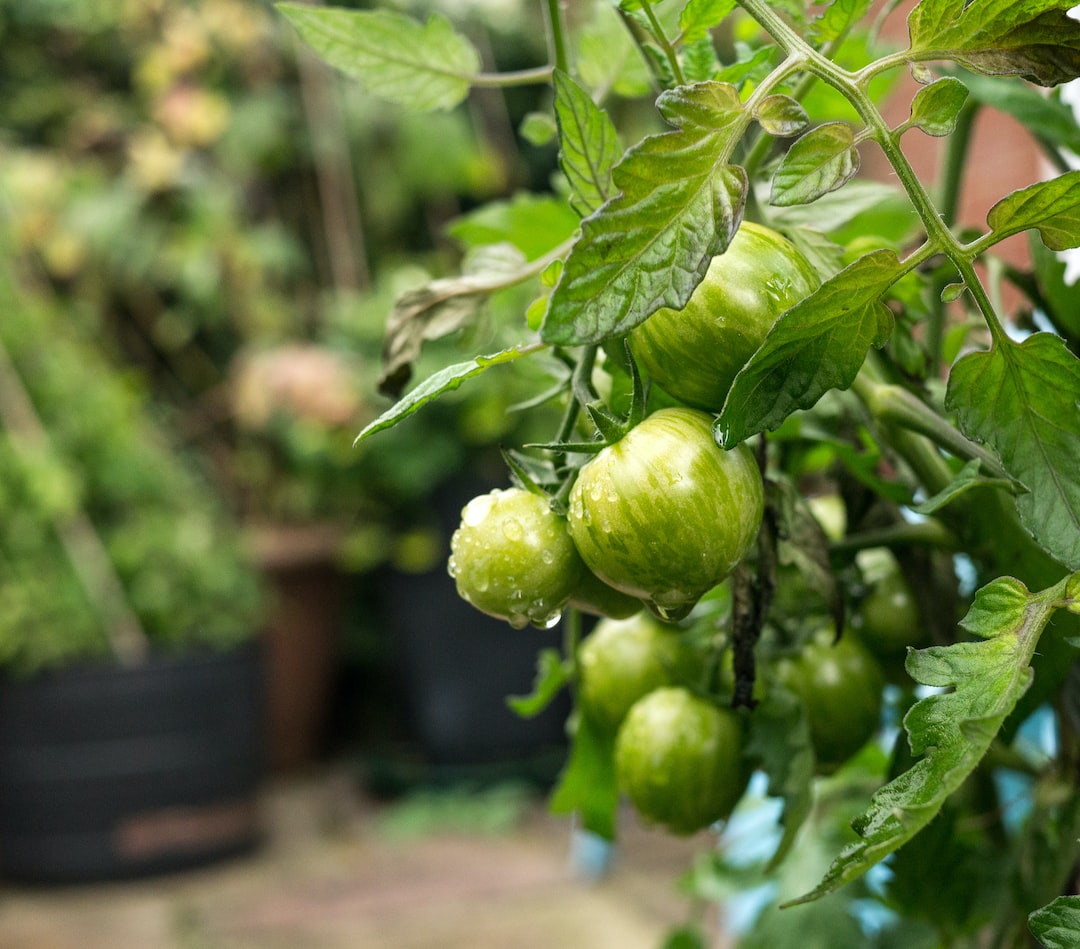The issue of climate change is real and pressing, and one of the ways we can help reduce its impact is by going plant-based and reducing animal consumption. The production of animal products impacts the environment in multiple ways, contributing to greenhouse gas emissions, deforestation, water pollution, and depletion of natural resources. By going plant-based, we can reduce the demand for animal products and promote a more sustainable lifestyle.
The biggest environmental benefit of going plant-based is the reduction in greenhouse gas emissions. Animal agriculture is responsible for approximately 14.5% of global greenhouse gas emissions, which is more than the entire transportation sector combined. This is due to the fact that animal agriculture produces methane and nitrous oxide, which are powerful greenhouse gases that contribute to global warming. Methane is produced during the digestive process of livestock, and nitrous oxide is released during the processing of manure.
Going plant-based can also help reduce deforestation. Animal agriculture is one of the primary drivers of deforestation, as large areas of forests are cleared to create grazing land or grow crops to feed livestock. Deforestation not only reduces the number of trees that absorb carbon dioxide, but it also destroys natural habitats for wildlife. By eating plant-based foods, we can reduce the demand for meat and dairy products, which can help lower the demand for land used for animal agriculture. This will also help preserve the natural habitats for a variety of species, including endangered ones.
Another environmental benefit of going plant-based is the reduction of water pollution. Farms producing animal products consume vast amounts of water, which can lead to water scarcity in many regions of the world. Additionally, animal agriculture requires the use of pesticides and fertilizers, which can lead to contamination of rivers and streams. By going plant-based, we can reduce the amount of water needed to produce our food and reduce water pollution caused by animal agriculture.
Finally, going plant-based can help conserve natural resources. Producing animal products requires significant amounts of resources, including land, water, and feed. By going plant-based, we can reduce the demand for these resources and preserve them for future generations. Additionally, plant-based foods often require less energy to produce, which can help reduce the carbon footprint associated with food production.
In conclusion, going plant-based and reducing animal consumption is one of the most effective ways to reduce our impact on the environment. By doing so, we can help reduce greenhouse gas emissions, preserve natural habitats, reduce water pollution, and conserve natural resources. It is an environmentally responsible choice that can have a positive impact on both our health and the planet.

